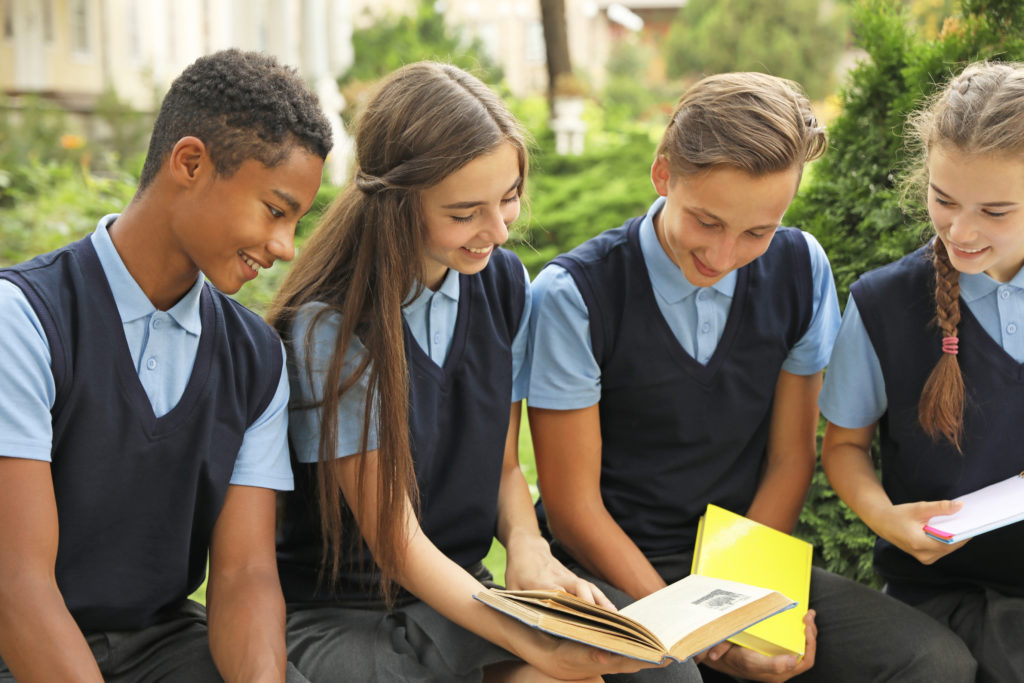Quick Hits
Daily brief research updates from the cognitive sciences

There has been a long-standing debate and discussion in learning contexts for what is the best way to form groups for optimal learning when there are different abilities in those groups.
The two classic strategies are one, put those of similar ability together so that everyone can operate at a similar level and hopefully benefit from more targeted learning. And two, put differing abilities together so that the peers can also benefit from each other and those with stronger ability can also pull along the weaker ones.
This applies to many scenarios, from sports training, to educational contexts, and even in business.
However different research has pointed to different things – for example in peer learning differences, if not too large seem to be beneficial. But if differences are too large, it becomes detrimental. So, to answer this question enter mathematicians from the University of Rochester.
They analysed this using mathematical principles which included multiple assumptions such as: multiple groups would be formed; the individuals involved would have different skill levels; an optimal teaching environment would be one in which a student is taught at a level that matches his or her skill level; and the optimal grouping system would maximize the collective benefit for all students.
They then analysed three grouping scenarios. Tiered grouping according to ability, balanced grouping of different abilities, and random groupings.
And what were the results?
The results showed that according to this mathematical model tiered-grouping, grouping according to ability was best.
It should be noted that this is, as we would expect, best for the group on average. For an individual however, it might not be best. For example, an individual might benefit more from being in a group of people with higher ability (probably not too much higher).
But for the moment, though I am sure the debate will continue, mathematics shows that grouping people into similar ability groups is best for learning…on average.

Andy Habermacher
Andy is author of leading brains Review, Neuroleadership, and multiple other books. He has been intensively involved in writing and research into neuroleadership and is considered one of Europe’s leading experts. He is also a well-known public speaker, speaking on the brain and human behaviour.
Andy is also a masters athlete (middle distance running) and competes regularly at international competitions (and holds a few national records in his age category).
References
Peter D. Wiens, Christine Zizzi, Chad Heatwole.
Instructional Grouping Theory: Optimizing Classrooms and the Placement of Ranked Students.
Educational Practice and Theory, 2022; 44 (1): 5
DOI: 10.7459/ept/44.1.02
More Quick Hits
Want to Live Longer? Be Optimistic!
Quick HitsDaily brief research updates from the cognitive sciences e probably all know some people who are particularly pessimistic - always putting a negative side to things and expecting the worst outcomes. We probably also know some people who...
How Having Had COVID-19 Negatively Impacts Performance at Work
Quick HitsDaily brief research updates from the cognitive sciences ’m sure we’re all aware of the various negative aspects of having contracted COVID-19 such as long COVID but also the brain fog that seems to have been a feature that many people...
Narcissistic Leaders Block Knowledge Flow and Cooperation
Quick HitsDaily brief research updates from the cognitive sciences arcissism is considered one of the three dark-triad traits and something that has been reported as being common in senior leaders. The important question is can and does this hinder...
The Science of Exposing Liars
Quick HitsDaily brief research updates from the cognitive sciences he one place that we can consistently catch people lying is in job interviews. And the question has long been how do you catch out these liars? The answer is you need to outsmart...
High Traffic Noise at School, Slower Cognitive Development
Quick HitsDaily brief research updates from the cognitive sciences ho would have thought that traffic noise could impact cognitive development of kids? Well according to this recent piece of research it can. Are you sure? Well, these researchers...
How Gratitude between Co-Workers Lowers Stress and Increases Performance
Quick HitsDaily brief research updates from the cognitive sciences ratitude is a nice thing to have, I think we all agree on that. But when it comes to the workplace some may see it is just being nice, and not being focused enough on the hard...






